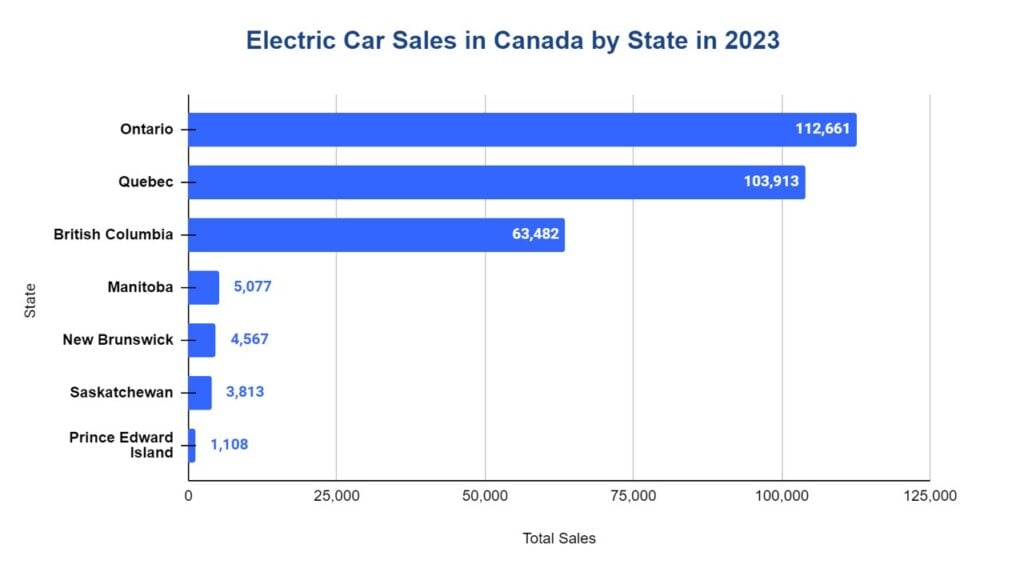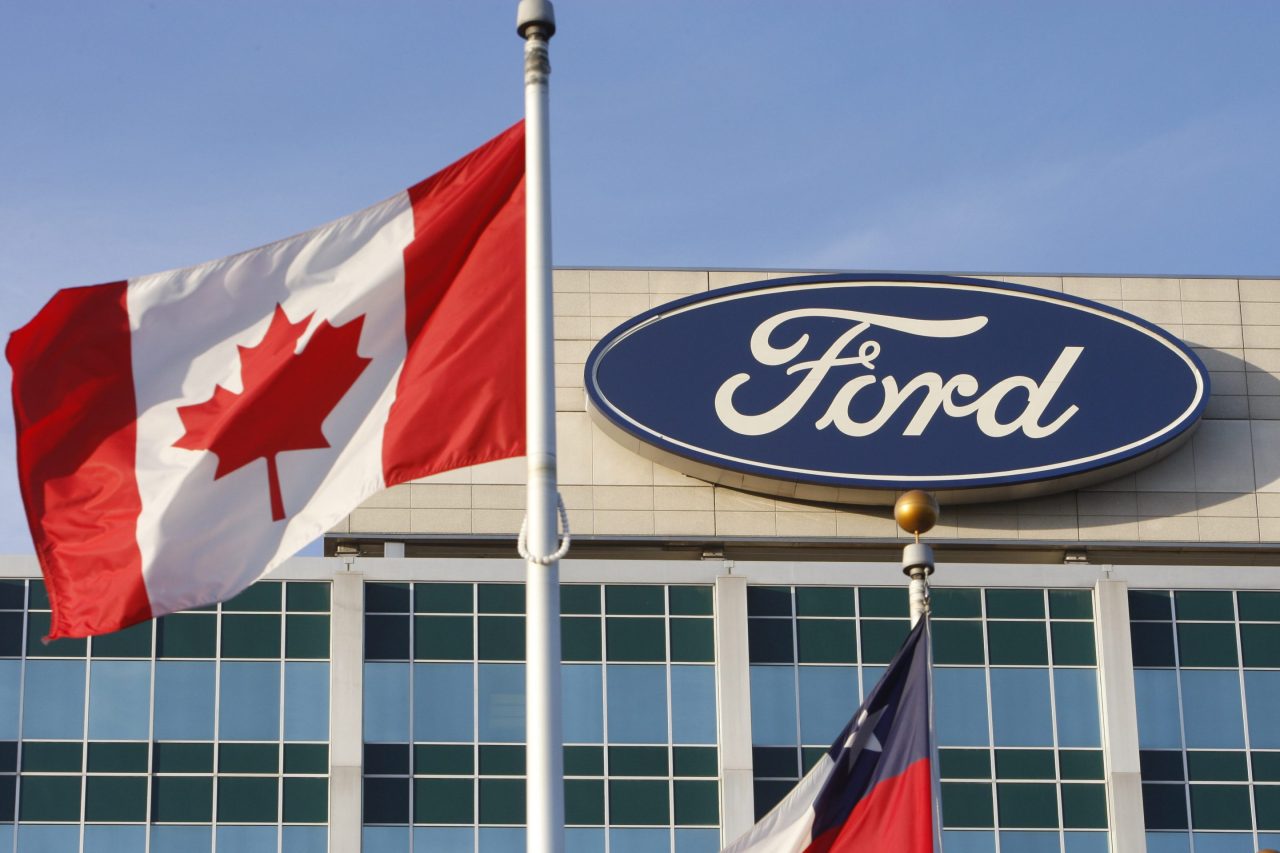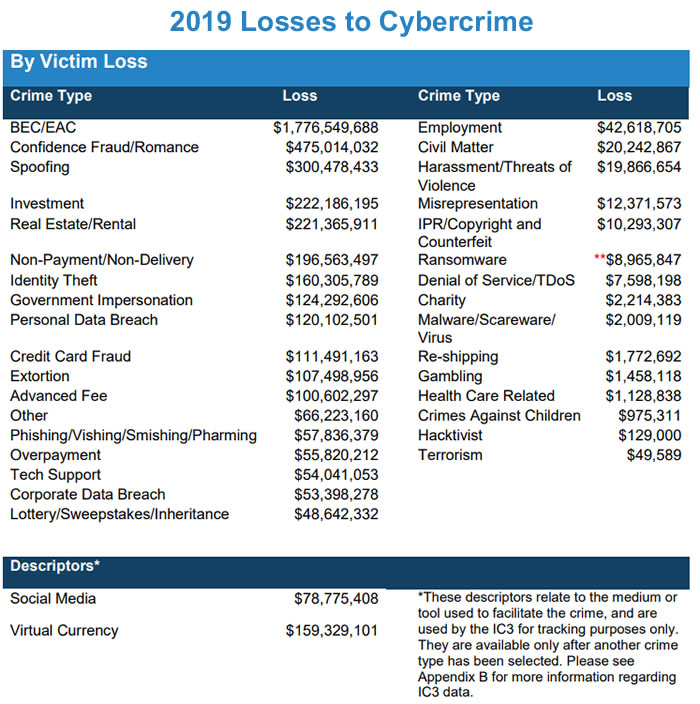The China Market: Why BMW, Porsche, And Others Face Headwinds

Table of Contents
Intensifying Domestic Competition
The Chinese automotive industry is experiencing a period of rapid transformation, marked by the rise of powerful domestic brands and a dramatic shift towards electric vehicles (EVs). This intensified competition is creating significant challenges for international luxury car manufacturers.
Rise of Chinese Automakers
Chinese automakers are rapidly improving in quality, technology, and design, offering competitive pricing and features that directly impact luxury imports. This surge is fueled by substantial government support and a focus on innovation.
- BYD's success: BYD, a leading Chinese EV manufacturer, has become a global player, surpassing Tesla in sales in China and expanding aggressively into international markets. Their success highlights the competitive threat posed by domestic brands.
- NIO's innovative technology: NIO, another prominent Chinese EV brand, is known for its advanced technology, battery swapping technology, and premium features, directly competing with established luxury brands.
- Geely's global ambitions: Geely, a major automotive conglomerate, owns Volvo Cars and is actively expanding its global reach, showcasing the growing capabilities of Chinese automakers.
- Government support for domestic brands: The Chinese government actively supports domestic automakers through subsidies, tax breaks, and favorable regulations, creating a competitive advantage.
The success of these and other Chinese brands significantly impacts market share, forcing established luxury players to adapt and innovate to remain competitive. Their aggressive expansion and technological advancements are reshaping the landscape.
Electric Vehicle (EV) Revolution
The rapid shift towards electric vehicles is creating a whole new competitive landscape, with Chinese EV makers leading the charge. China's dominance in battery technology, extensive charging infrastructure, and government incentives for EV adoption are key factors driving this revolution.
- Chinese dominance in battery technology: China controls a significant portion of the global battery supply chain, giving its domestic EV manufacturers a crucial advantage in terms of cost and availability.
- Extensive charging infrastructure: China has invested heavily in building a widespread network of charging stations, making EV ownership more convenient and appealing to consumers.
- Government incentives for EV adoption: Significant government subsidies and tax breaks are encouraging consumers to adopt electric vehicles, further fueling the growth of the EV sector.
This rapid growth presents a huge challenge for foreign automakers who may lack the same level of integration within the Chinese EV ecosystem. Established players must quickly adapt their strategies to compete effectively in this rapidly evolving market.
Economic and Geopolitical Uncertainties
Beyond the competitive landscape, economic and geopolitical factors significantly impact the China market for luxury vehicles. These uncertainties create additional headwinds for international automakers.
Economic Slowdown
China's economic growth has slowed in recent years, impacting consumer spending and demand for luxury goods, including high-end automobiles. Several factors contribute to this slowdown:
- Impact of zero-COVID policies: The stringent zero-COVID policies implemented in previous years significantly disrupted economic activity and consumer confidence.
- Property market challenges: Challenges in China's real estate sector have also dampened consumer sentiment and spending.
- Global economic slowdown: The global economic slowdown further contributes to reduced consumer confidence and spending on luxury items.
This economic climate directly impacts luxury car sales, leading to decreased demand and potentially affecting profitability for foreign automakers.
Geopolitical Tensions
Rising geopolitical tensions between China and the West could negatively affect trade relations and consumer sentiment, creating further uncertainty for international automakers.
- Trade disputes: Ongoing trade disputes and potential sanctions could disrupt supply chains and increase costs for foreign automakers operating in China.
- Sanctions: The threat of sanctions or other trade restrictions could further destabilize the business environment.
- Nationalistic consumer sentiment: Rising nationalistic sentiment among Chinese consumers might favor domestic brands over foreign competitors.
These geopolitical risks contribute to a volatile and unpredictable environment, making it even more challenging for international luxury car brands to operate successfully in the China market.
Changing Consumer Preferences
The preferences of Chinese consumers are also evolving, presenting additional challenges for established luxury brands.
Shifting Brand Loyalty
Younger generations of Chinese consumers are increasingly less brand-loyal and more price-sensitive, prioritizing value for money over established brand names.
- Emphasis on value for money: Chinese consumers are becoming more discerning, demanding better value for their money and considering a wider range of options, including domestic brands.
- Preference for domestic brands: Patriotism and a growing sense of national pride contribute to a preference for domestic brands among some segments of the population.
- Influence of social media: Social media plays a significant role in shaping consumer opinions and preferences, influencing purchasing decisions and brand perceptions.
This shift in brand loyalty necessitates a deeper understanding of the evolving needs and expectations of the Chinese consumer.
Demand for Technological Innovation
Chinese consumers demand cutting-edge technology features in their vehicles, putting pressure on foreign automakers to stay ahead of the curve.
- Autonomous driving: Consumers are increasingly interested in autonomous driving features and advanced driver-assistance systems.
- Connectivity features: Seamless connectivity, in-car entertainment, and smart features are highly valued.
- Advanced safety systems: Sophisticated safety features are increasingly important to Chinese consumers.
The rapid pace of technological advancements in the Chinese automotive market demands continuous innovation and adaptation from foreign automakers. Falling behind in technology could lead to loss of market share.
Conclusion
The China market, while still lucrative, presents significant headwinds for luxury brands like BMW and Porsche. Intense domestic competition, economic uncertainty, geopolitical tensions, and evolving consumer preferences all contribute to a more challenging landscape. Successfully navigating this market requires a deep understanding of these factors and a strategic adaptation to the changing dynamics. Understanding the intricacies of the China market is crucial for continued success in this vital automotive sector. To stay ahead, international automakers must invest in innovation, localization, and building strong relationships with Chinese consumers. Ignoring these challenges could lead to significant setbacks in this crucial market.

Featured Posts
-
 Why Is Canada Attracting More Tourists Than The Us
Apr 27, 2025
Why Is Canada Attracting More Tourists Than The Us
Apr 27, 2025 -
 Canadians Ev Interest Dips For Third Consecutive Year
Apr 27, 2025
Canadians Ev Interest Dips For Third Consecutive Year
Apr 27, 2025 -
 Posthaste Uncertain Future For Canadian Auto Workers Amidst Trump Tariff Threat
Apr 27, 2025
Posthaste Uncertain Future For Canadian Auto Workers Amidst Trump Tariff Threat
Apr 27, 2025 -
 Wta Finals Austria And Singapore Set For Showdowns
Apr 27, 2025
Wta Finals Austria And Singapore Set For Showdowns
Apr 27, 2025 -
 Mubadala Abu Dhabi Open Rybakina Edges Jabeur In Dramatic Victory
Apr 27, 2025
Mubadala Abu Dhabi Open Rybakina Edges Jabeur In Dramatic Victory
Apr 27, 2025
Latest Posts
-
 Individual Charged With Millions In Losses From Office365 Executive Account Hacks
Apr 28, 2025
Individual Charged With Millions In Losses From Office365 Executive Account Hacks
Apr 28, 2025 -
 Massive Office365 Executive Account Compromise Results In Multi Million Dollar Loss
Apr 28, 2025
Massive Office365 Executive Account Compromise Results In Multi Million Dollar Loss
Apr 28, 2025 -
 Cybercriminal Made Millions Targeting Executive Office365 Accounts
Apr 28, 2025
Cybercriminal Made Millions Targeting Executive Office365 Accounts
Apr 28, 2025 -
 Federal Investigation Uncovers Massive Office365 Executive Account Breach
Apr 28, 2025
Federal Investigation Uncovers Massive Office365 Executive Account Breach
Apr 28, 2025 -
 Office365 Data Breach Millions In Losses Reported Criminal Charges Filed
Apr 28, 2025
Office365 Data Breach Millions In Losses Reported Criminal Charges Filed
Apr 28, 2025
